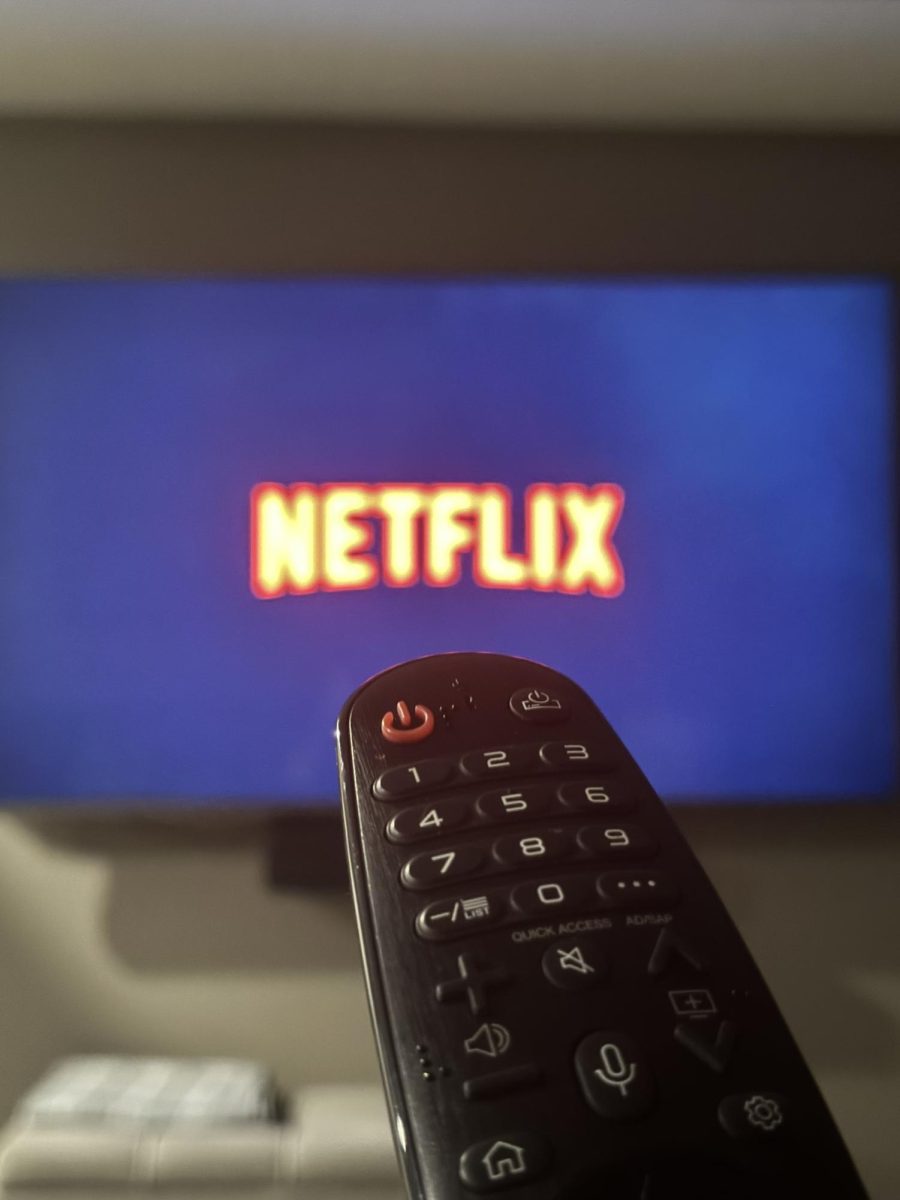Television has been a central part of American culture for decades, with series spanning dozens of seasons airing as early as the 1950s. Shows with long seasons and uniform episode lengths became the standard, only changing recently with the popularization of the limited series.
Limited series are becoming more prevalent in cultural media consumption with the recent Marvel release of “Loki” and the critical acclaim of the Star Wars “Mandalorian” series on Disney +, as well as the awards presented to Netflix series such as “Black Mirror” and “The Queens Gambit” as recently as Jan 15.
While the limited series category has long existed in media award competition, the concept hasn’t caught on until recent years. “I’ve definitely noted a rise in miniseries especially in the past few years,” noted PV senior Margil Sanchez Carmona, “And I definitely attribute a great deal of that to streaming and convenience.”
The increased popularity of limited series could be due to the developing desires of audiences, including their desire for convenience.
Streaming services passed the threshold of 1 billion subscriptions worldwide in 2020 as media consumption was limited to what was accessible within the home. The pandemic left many unable to follow their normal routines leading to a drastic increased demand for quality virtual entertainment.
At the time, the film-making industry responded by releasing cinema-bound feature films on streaming platforms. But instead of returning to theaters, the consumer demand for media to be accessible in their homes has remained constant, with total subscriptions reaching new heights every year.
“The pandemic showed us just how much we love to have a library of content at our fingertips, and miniseries, as opposed to movies, can offer the same amount or more entertainment in a conveniently fragmented structure,” remarked Sanchez Carmona.
Limited series seem to meet this demand by supplying a movie-like experience designed for streaming services. Rather than hundreds of shallow episodes stretched over dozens of seasons, the limited series allows audiences to watch short, well-structured films over the span of weeks as new episodes drop.
“If I want to watch something entertaining but don’t have the time to watch a full movie, I can watch a single episode,” explained Sanchez Carmona.
Human psychology may have an impact in the audience’s love of limited series as well. Psychology professor Gloria Marks reports that the average attention span of 250 seconds in 2004 decreased to only 75 seconds in 2012. This decrease in attention span may translate to a preference for shorter pieces of media, as viewers aren’t as likely to watch a full length movie. “They’re playing into our culture, which is unable to focus,” remarked psychology teacher Ann Berger.
And the trend of decreasing attention spans is only becoming worse. “Our ability to pay attention without extraneous noise…we’re kind of working that away from ourselves,” Berger said.
There are practical artistic benefits of the limited series as well, completely separate from audience engagement.
HBO’s Niccole Thurman, actor and screenwriter for shows including “A Black Lady Sketch Show”, argues that limited series offer more room for the filmmakers to communicate to their audience. “The producers are putting that effort in to make something stand on its own, too – they’re like, we have six episodes to say everything we want to say,” Thurman explained.
Thurman also suggested that the less rigid time restrictions allow writers to prioritize the content of the piece, adding, “In other shows they’re not thinking of quality, they’re thinking of quantity.”
Sanchez Carmona also pointed out that the lack of commercial breaks on streaming services releases writers from the responsibility of keeping as much of the audience’s attention. “It gives you more time to really get to know the characters in the show and appreciate its artistic cinematic elements without constant overstimulation,” he said.
Fans of long-spanning television aren’t completely discounted in this new age of media. New seasons of favorites such as “Bridgerton” and “Young Sheldon” both exceed 15 episodes each.
As television continues to adapt, audiences can celebrate new genres that emerge while continuing to enjoy favorites from the past.









